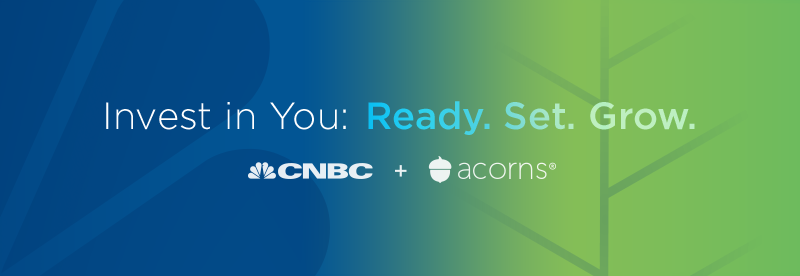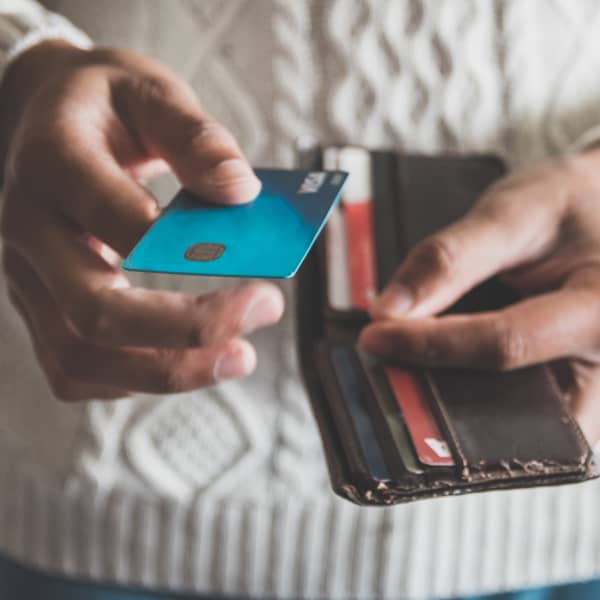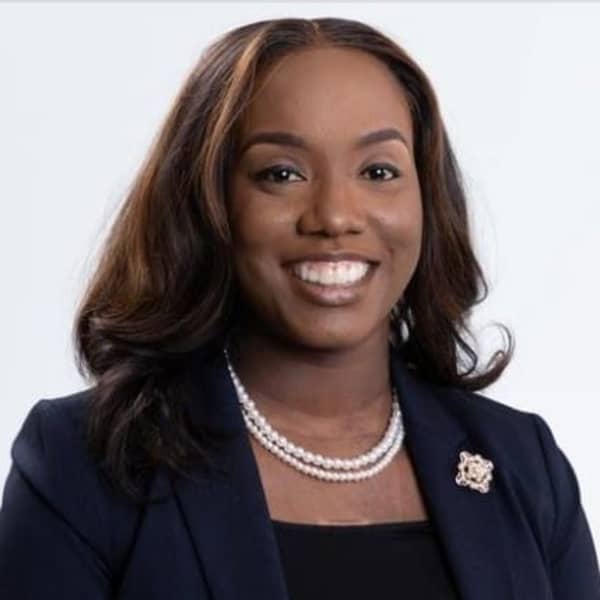A lot of Americans carry a balance on their credit card: 59% of card holders, or 110 million adults, had credit card debt before the coronavirus pandemic, a 2020 CreditCards.com survey finds.
But if you have the means to pay down your balance, it's better to do it sooner rather than later, said legendary investor Warren Buffett during the Berkshire Hathaway annual shareholders meeting, which was held virtually this year from Omaha, Nebraska.
A friend of Buffett's recently came into some money and asked his advice on what to do with it, he recalled. His first question to her was whether or not she had credit card debt. She did and was paying an interest rate of about 18%.
"If I owed any money at 18%, the first thing I'd do with any money I had would be to pay it off," Buffett told her. "It's going to be way better than any investment idea I've got."
By paying off the balance, she would save more money on interest than any return she could get by investing the money, whether in the stock market or in real estate or elsewhere, Buffett said. "I don't know how to make 18%," he added.
If I owed any money at 18%, the first thing I'd do with any money I had would be to pay it off.Warren BuffettBerkshire Hathaway chairman and CEO
The average credit card interest rate is about 16% as of May 2020.
"You can't go through life borrowing money at those rates and be better off," Buffett said.
Interest can add up quickly if you carry a balance, which is why the sooner you can pay down debt, the better. We're living during very rocky economic times with millions of Americans losing income and filing for unemployment benefits, so you might not have the means to to tackle your debt. That's OK — financial experts say that it makes sense to hold off on paying it down if you're struggling financially.
Right now, your main priority should be to cover your bills and buy necessities. If that means putting your debt repayment plan on hold to free up cash, do that. Many banks are offering customers payment deferrals and fee waivers to help ease some of the burden. After all, if you use up your savings to pay off your balance and get out of the red, you could wind up back where you started a few bills later if you don't have an emergency fund.
But if you have a well-funded emergency savings account, and you can afford to cover living expenses and tackle your debt at the same time, keep chipping away at your balance as much as possible. And once you're debt-free, get in the habit of making payments in full so you never have to owe interest again.
SIGN UP: Money 101 is an 8-week learning course to financial freedom, delivered weekly to your inbox.
CHECK OUT: What to do if you think your stimulus check is for the wrong amount via Grow with Acorns+CNBC.
Disclosure: NBCUniversal and Comcast Ventures are investors in Acorns.








